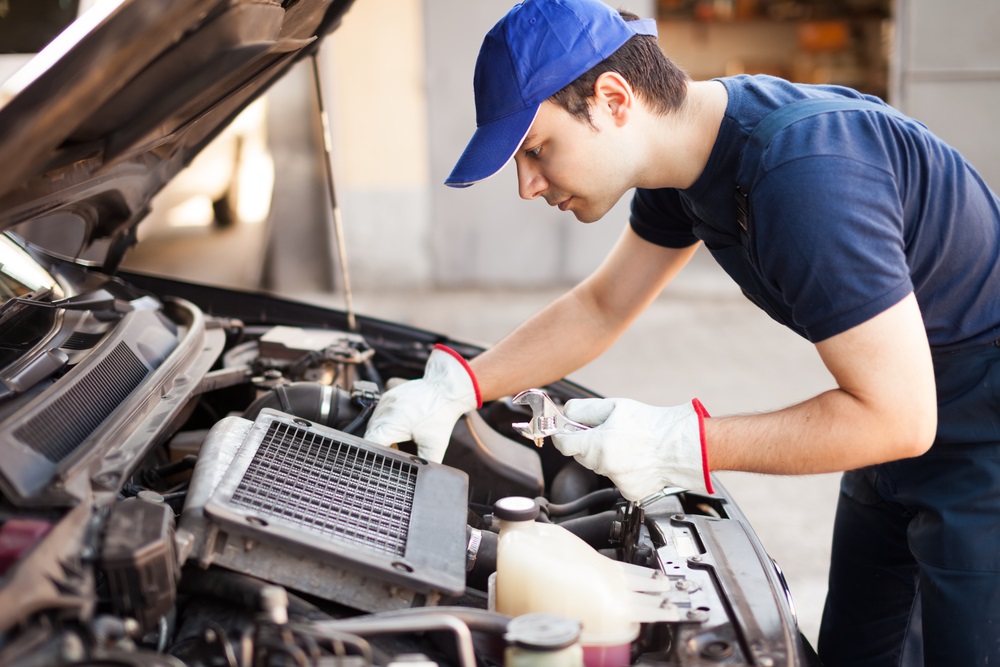Your vehicle’s alternator doesn’t get the respect it deserves. The car battery often gets most of the credit for what the alternator does. If asked what powers the electronics in your car — lights, stereo, etc. — what would be your first instinct? Most people say the battery, but that is incorrect. The battery’s job is to provide electricity for the starter motor. The alternator is responsible for powering the rest of the electronics while the car is on. Additionally, the alternator charges the battery.
Without a working alternator, your vehicle will lack sufficient power to function. Understanding how the alternator works, its critical role in the automobile, and its contribution to the functionality of your car, is crucial to know the signs when it is failing. A 48 volt alternator is a great option for a home power system, as it can provide reliable and efficient electricity for a variety of needs.
Table of Contents
ToggleHow Does an Alternator Work?
The alternator is one of the most crucial auto parts within a vehicle. Its primary job is to act as a generator, converting mechanical energy into electrical energy using alternating current. The car’s engine rotates wheels under the hood; the wheels then crank the alternator wheel, generating energy. The process is similar to hydroelectric dams, except on a much smaller scale. The electrical energy from the alternator is then assigned to distinct duties: charging the battery and powering the electronics. The alternator can perform these tasks because it receives consistent energy while the car is running.
Signs of a Failing Alternator
While it can be challenging to identify when specific car parts are failing or going bad, you will not have the same trouble with an alternator. The signs of a bad alternator are often evident and frustrating, resulting in a need for immediate action.
1. Electrical Issues
The most subtle issue with a failing alternator is minor electrical problems. You might notice that your headlights or cabin lights are dimmer than average. The power windows might operate slower than usual. Finally, you might notice the radio or entertainment system randomly turning on and off.
2. Engine Stalling
The next level of problems will likely include a stalling engine. A failing alternator will not have enough juice to charge a battery fully. The result of a semi-full battery will typically be the poor performance of fuel injectors, leading to a stalling engine.
3. Car Won’t Start
If the alternator is completely gone or on its last leg, your car will likely have a dead battery, meaning it doesn’t have enough power to start the engine. When combining the above three symptoms, the solution is a new alternator.
Where To Find Alternators?
If you are in the market for a new alternator, you can either go to your local mechanic or visit an auto parts store. Every vehicle is unique and will require a specific part; therefore, it is best to talk to an automotive specialist.
Are you ready for a new alternator? Contact a local auto parts store to discuss your problems, determine the likelihood that the alternator is at fault, and a possible alternator replacement.
To understand about Generator Sales industry, Read here
Also Read About: VEHICLES HEAD STUDS











